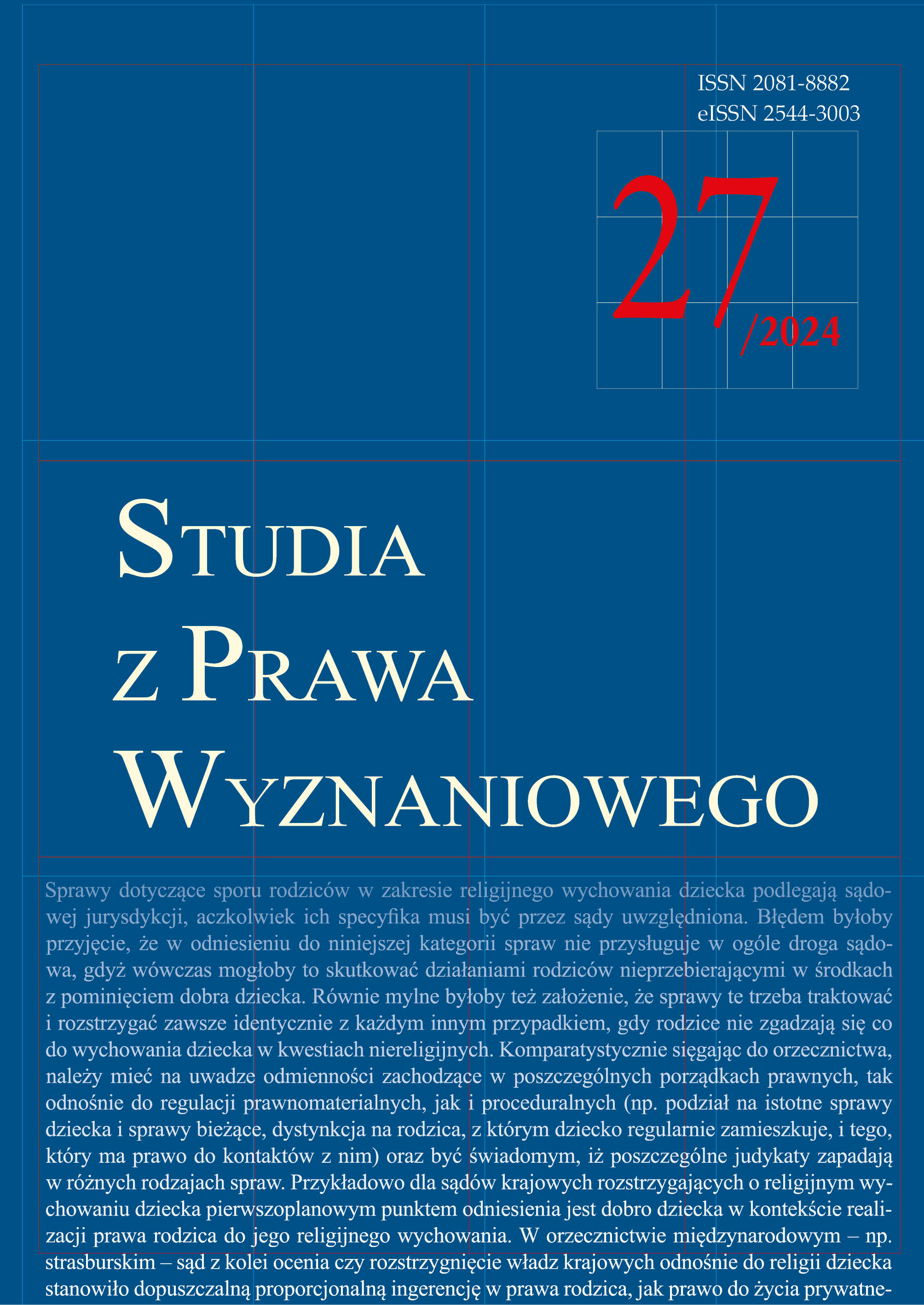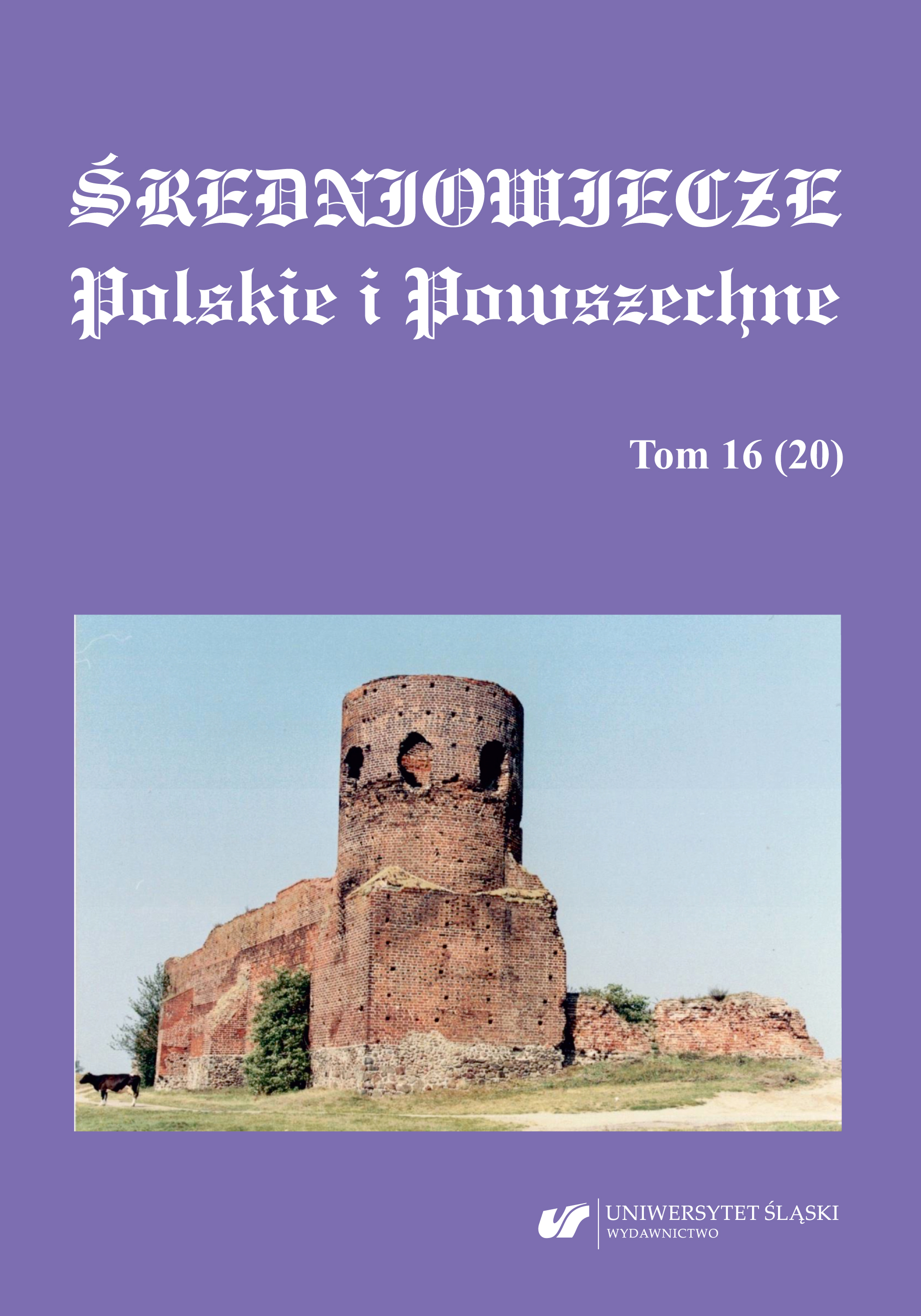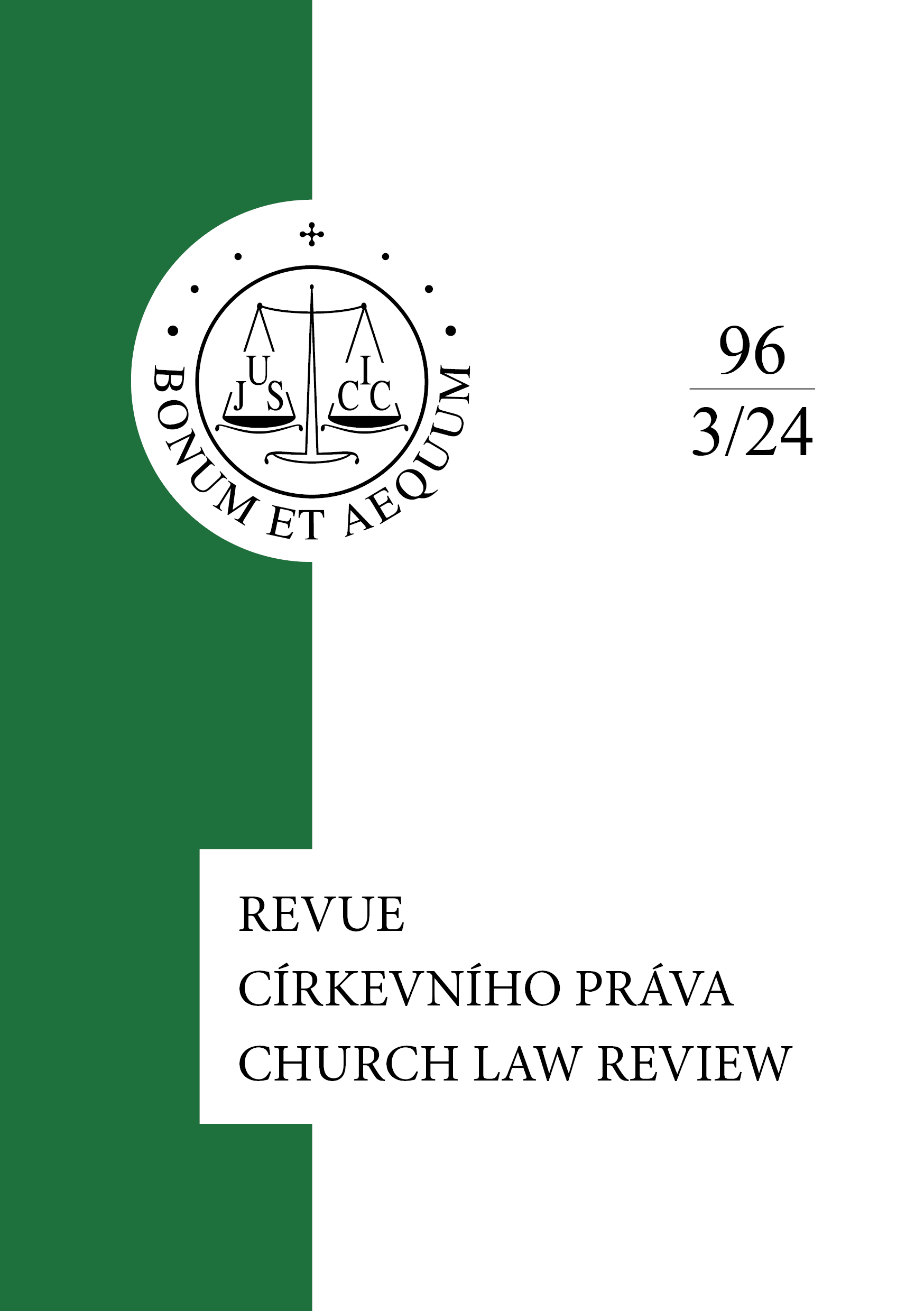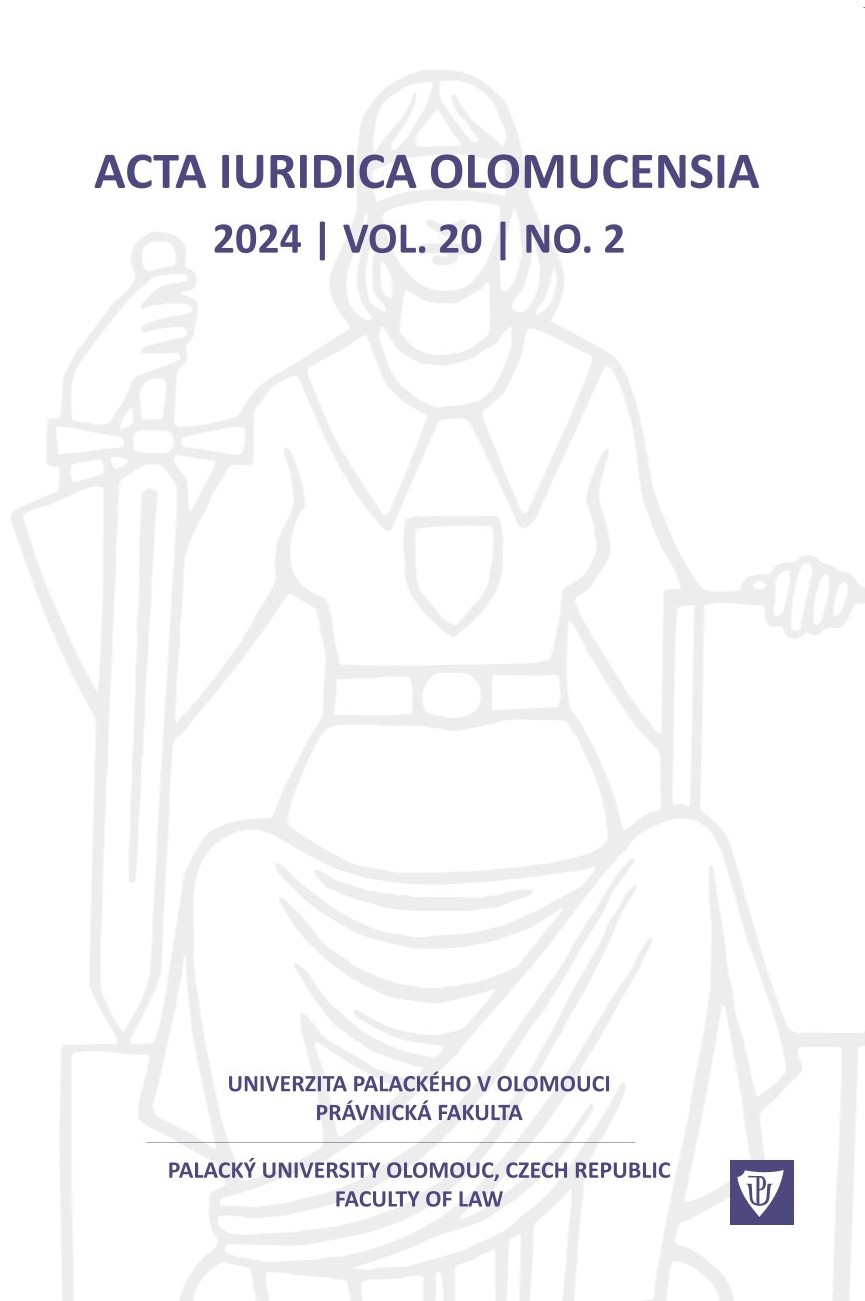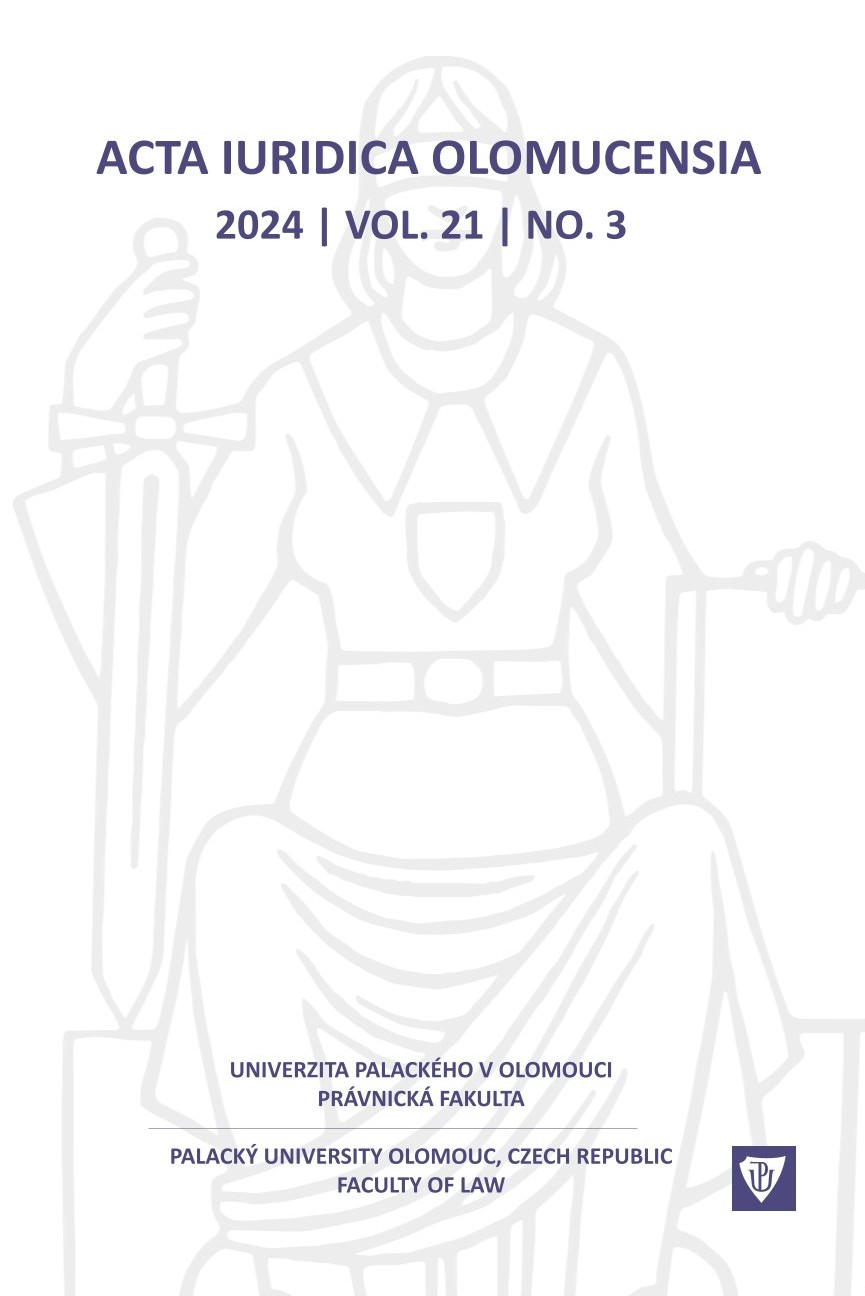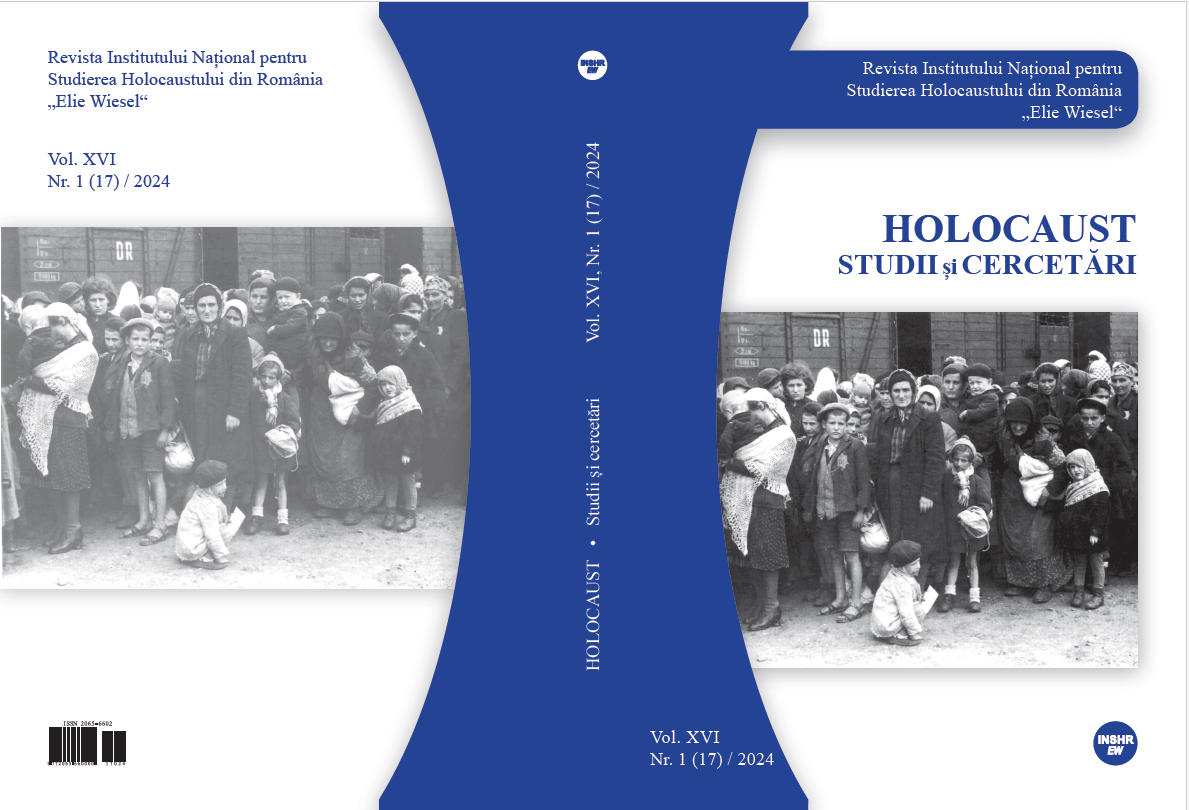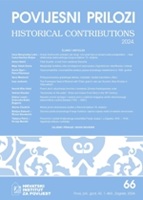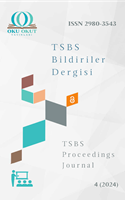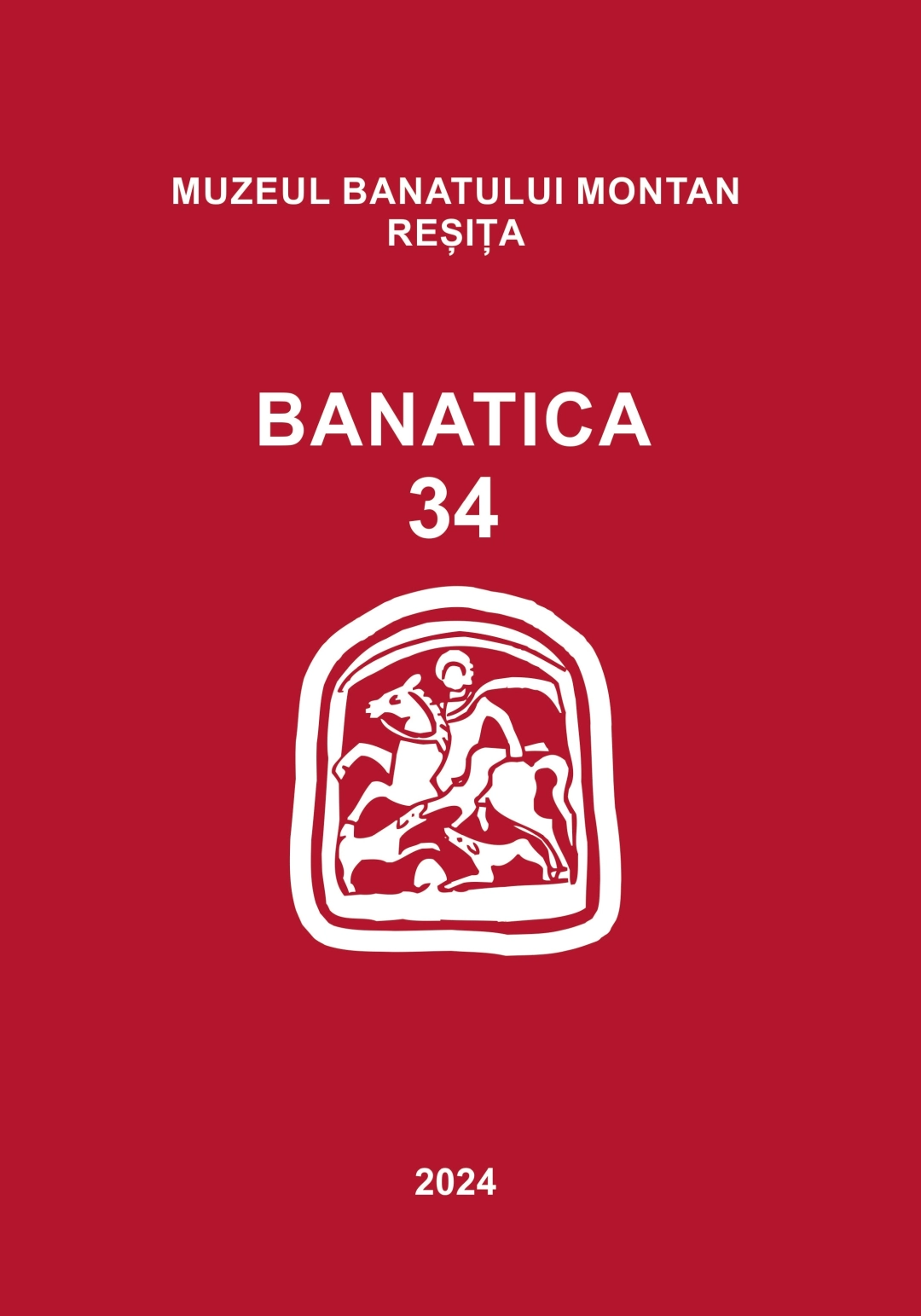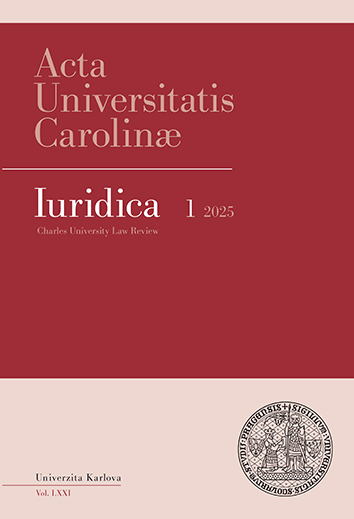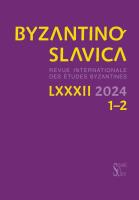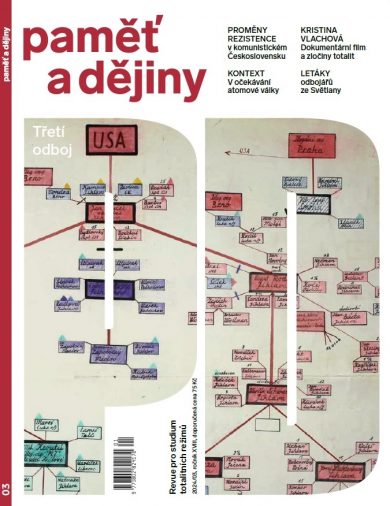Author(s): Savo Marković / Language(s): Croatian
Issue: 66/2024
This paper examines several documentary testimonies of Bar’s legal history in the context of the Statute of Budva, Dubrovnik’s decisions on appeals from the first half of the 15th century, and other documents from the 15th-16th centuries that constituted the legislative collection of the commune of Budva. Notably, Venetian documents from the 16th century indicate the implementation of Bar’s legal norms in Budva without explicitly mentioning the Statute of that commune, raising questions about its initial edition. In relation to certain statutory provisions, comparable norms from Kotor and Ulcinj are analysed, particularly regarding criminal procedures, where the norms of Dubrovnik are also considered. Privileges confirmed to the city of Bar by Venetian authorities and reports of Venetian representatives are examined, especially concerning the appellate legal process, respective deadlines, and the municipal administrative apparatus. The topography mentioned in the Statute of Budva contributes to the understanding of the Statute of Bar. While the district of Bar included many villages, that of Budva was very small, having no villages at all in 1559. Similar formulations of certain norms indicate the main origin of Budva’s statutory provisions. It is plausible that the Venetian version of the Statute of Budva used the Latin wording of the Statute of Bar as a template, as seen when comparing the identical legal decision on the prohibition of obtaining ecclesiastical dignity, passed by the authorities of Bar of April 25, 1429, to Chapter 254 of the Statute of Budva. Additionally, the Tariff of 1547, drawn up in Bar but also applied in Budva, sheds light on the role of the chancellor in criminal proceedings and complements our knowledge of otherwise scarce statutory criminal norms and measures taken to maintain public order. The Tariff followed the practice of adapting Bar’s laws for use in Budva, evident as early as their first known connection (1441), when Bar’s law was already reinforced by the decisions of Dubrovnik’s appellate jurisdiction. Based on the above, and considering the devastation in the second half of the 16th century, it can be concluded that the statutory monuments of Bar served as fundamental legal templates for the codification of Budva’s law in the 17th century, as reflected in the known transcripts of its Statute.
More...
